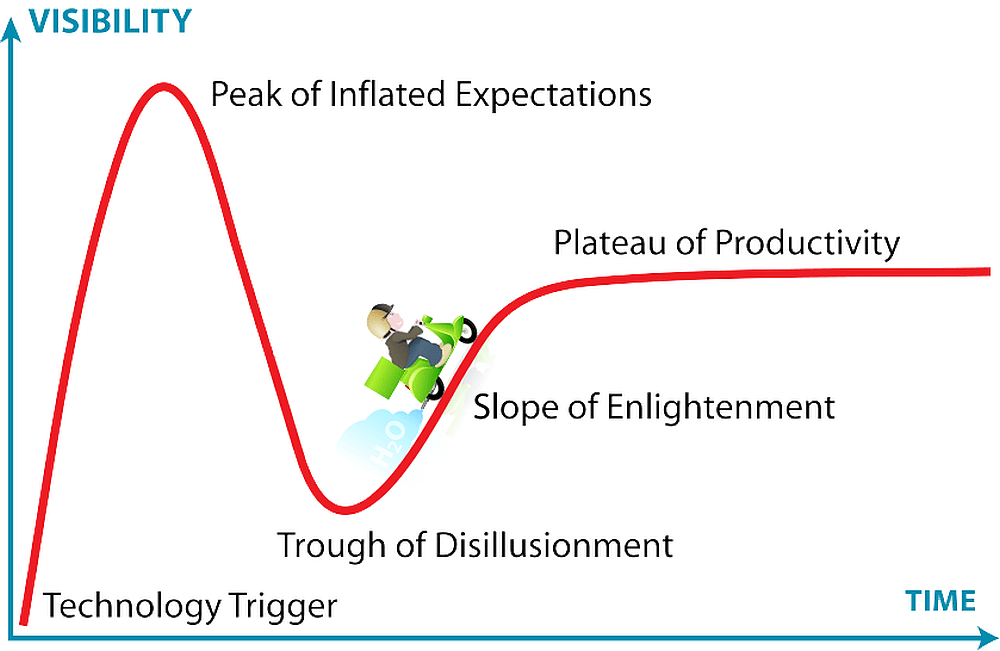One of the obvious but important topics that comes up following any significant election cycle is, “What, if any, impact will newly elected officials and political leaders have on science and engineering?” AAAS experts are starting to weigh-in on these issues and predict that U.S. R&D funding likely will become a victim of expected cuts in federal spending.
Patrick Clemins, director of the AAAS R&D Budget and Policy Program, notes that the Obama administration had already directed nonsecurity agencies to cut FY 2012 budgets estimates by 5% plus offer suggestions of “low-impact” discretionary programs that total another 5%. This, by itself, doesn’t mean cuts in comparison to FY 2011 science funding since many programs covered under the America COMPETES act (e.g., NSF, DOE Office of Science and NIST) already contained budget estimate increase greater than 5%.
But Clemins warns that the platform in the Republican’s A Pledge to America, contains some problematic planks:
“First, cutting government spending to pre-stimulus, pre-bailout levels for the FY 2011 budget would cut the federal R&D investment by $8.1 billion (5.5%) from FY 2010 and $8.5 billion (5.7%) from the President’s FY 2011 request assuming FY 2008 R&D funding levels. The hardest hit agencies would be those that were authorized in America COMPETES Act and have seen strong increases since the Act was passed in 2007. … For the National Science Foundation, this equates to over 1,400 less new awards than in FY 2010. Additionally, the multi-agency U.S. Global Change Research Program has seen an increase in funding from $1.8 billion in FY 2008 to $2.6 billion in the President’s FY 2011 request, a 39.8 percent increase. Budget rollbacks would make it difficult for agencies to sustain their current level of commitment to multi-agency initiatives such as the USGCRP. Second, a hard cap on future growth of the discretionary budget would make it more difficult for Congress to implement R&D growth initiatives such as the President’s Plan for Science and Innovation and the America COMPETES Reauthorization Act, currently under consideration in Congress.”
Its safe to say that both parties will move to reduce federal spending. Clemins agrees with that assessment and argues that the practical differences will be over the size and timing of the cuts:
“The administration wants to wait until the FY 2012 fiscal year to implement the cuts so as to not interrupt the current economic recovery, and the Republicans would like to see those budget cutbacks sooner and to a greater degree than the administration. It will be up to the legislative process to determine what exactly will happen, but it’s likely to be some compromise between the two views.”
There are a lot of factors that will shape how this will actually shake out. To help jump start thoughtful discussion on these matters, the AAAS is holding a special free webinar Thursday, Nov. 11 at 12:00 (EST) titled “Elections 2010: What do the U.S. midterm elections mean for science?”
AAAS says, “We will take a nonpartisan look at every angle of the election’s potential impact on science, from the overall research budget, to legislation on stem cells and climate change, and beyond.”
The group says the webinar will be organized as a panel of AAAS’s policy and Capitol Hill staffers with short presentations from the panelists on their areas of expertise, followed by a live question and answer session. Panelists include Al Teich, AAAS’s director of Science & Policy Programs, who will also act as moderator.
To register for the seminar, click here. AAAS says a recording of the webinar also will be available to its members within 48 hours of the live event.
CTT Categories
- Market Insights


